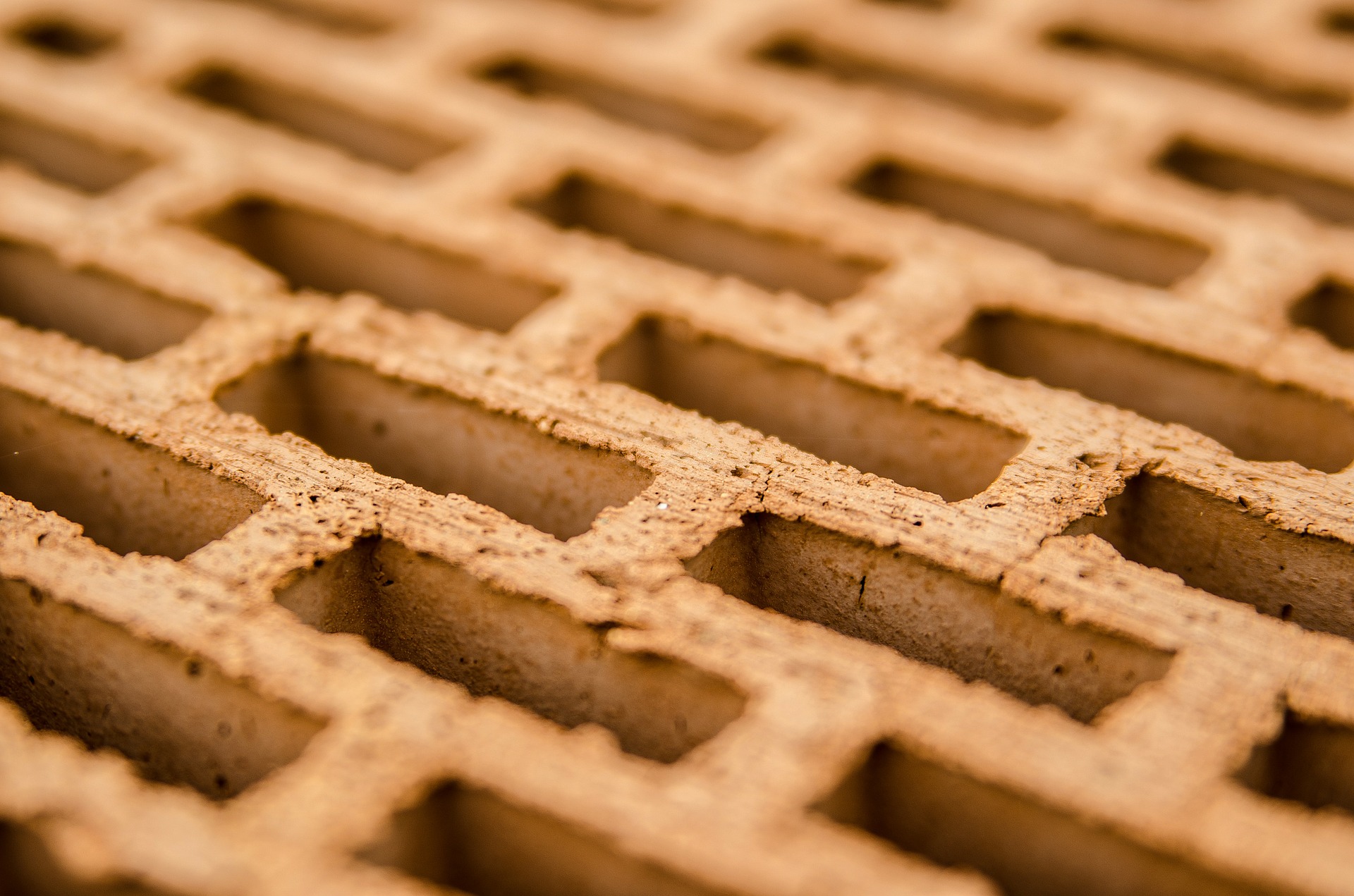Environmentally safe alternatives to building materials, like plastic and concrete, are some of the most productive uses for hemp.
Hemp plastic can be used to make everything from water bottles to car parts and was a growing industry before Prohibition. Hempcrete is a lightweight, cementitious insulating material that is commonly used in buildings throughout Europe and on the grow in the US.
The Breakdown: How Hempcrete and Hemp Plastic Work
Hempcrete is an alternative to concrete, although it’s not used actually used as a structural element. Hempcrete is actually a “bio-composite made of the inner woody core of the hemp plant mixed with a lime-based binder.” Hempcrete substitutes the sand and rock aggregate in traditional concrete as it makes for a lighter building material that can provide insulating properties. The slurry solution can be applied to OSB, or sprayed as insulation between frame members behind the drywall. The final result is similar to stucco or plaster. Hempcrete is more commonly found throughout Europe and other countries, although it’s starting to be used sparsely in the states as well.
Hemp plastic is an affordable and biodegradable alternative to traditional, oil-based plastics. Prior to the United States cannabis prohibition act of 1937, hemp plastic was a growing industry and products continued to be made until the mid-1940’s. One of the most notable applications of hemp plastic was Henry Ford’s 1941 Hemp Car. Ford was a visionary who used natural plastics made from hemp and other crops to build a car that was not only 1,000 pounds lighter than traditional steel cars, but could also withstand impact ten times stronger. For the last 15 years, hemp plastic has been making a comeback in Europe and China.
Why Hemp is Best
Although hemp was unjustly banned with the 1937 Marihuana Act, it’s been recently rediscovered as a plant that can do nearly anything. One of the biggest benefits of using hemp products is that they’re biodegradable, nontoxic, and renewable. Using hemp is also good for the environment. Hemp grows very easily and requires minimal amounts of fertilizer and no herbicides or pesticides, meaning there’s less water pollution from runoff.
Hemp is also economically gainful compared to many of the crops we currently use. Most other crops only grow in certain geographical areas, but hemp can be grown almost anywhere in the world. Moreover, production potential from hemp far surpasses other crops, at least in the United States.
[Image credit- Pixabay]
